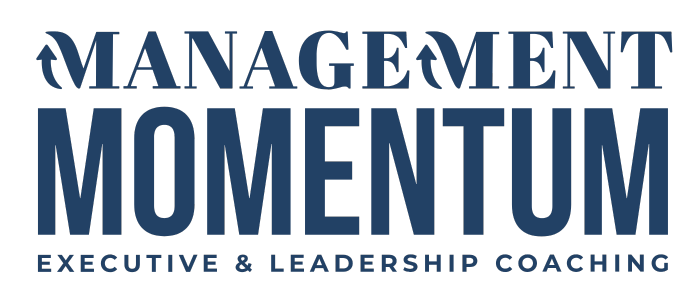Three reasons some leaders should hold-off on coaching their team
Coaching is the closest thing to a magic wand a leader can get—if a magic wand takes a ton of time and patience and finesse. But seriously, honing your coaching skills and then using those skills very specifically to coach the members of your team can be the difference between nearly hitting your team goals and crushing them. Even though I make my living as that outside coach companies hire—I do not see internal coaching as a competitor at all. Where an external coach can be that objective third party—which impacts behavior change and perceptual shifts. A leader can coach right there, in the moment, and coach very specifically in a way that no outside coach can. Successful teams employ both methods.
Here are 3 reasons you might want to take a pass or delay your big entrée into team coaching:
You’re insanely time-crunched right now
If you get an anxiety rash at the thought of a one-to-one where you patiently draw out someone’s ideas and thoughts and make room for them to “connect their own dots” then you might be too busy to coach right now. Frazzled, urgent coaching is useless.
You like micromanaging
Nothing against micromanagers. Steve Jobs was famous for being a micromanager (and also a volatile crazy-man but I digress) and it worked out pretty well for him. If your secret intention is to control and direct outcomes, then your coaching is going to be painful for the recipient and not very effective. It is better to openly admit that you want to control outcomes than to hide your intent behind a coaching promise.
Poor trust
If you do not have the trust of your team, either because you are new to the role or company, they are new to you, or because you have breached their trust in the past, then hold off on coaching and work on the trust first. Once you have developed trust with the team or with the specific people you want to coach then, by all means, dive in.



